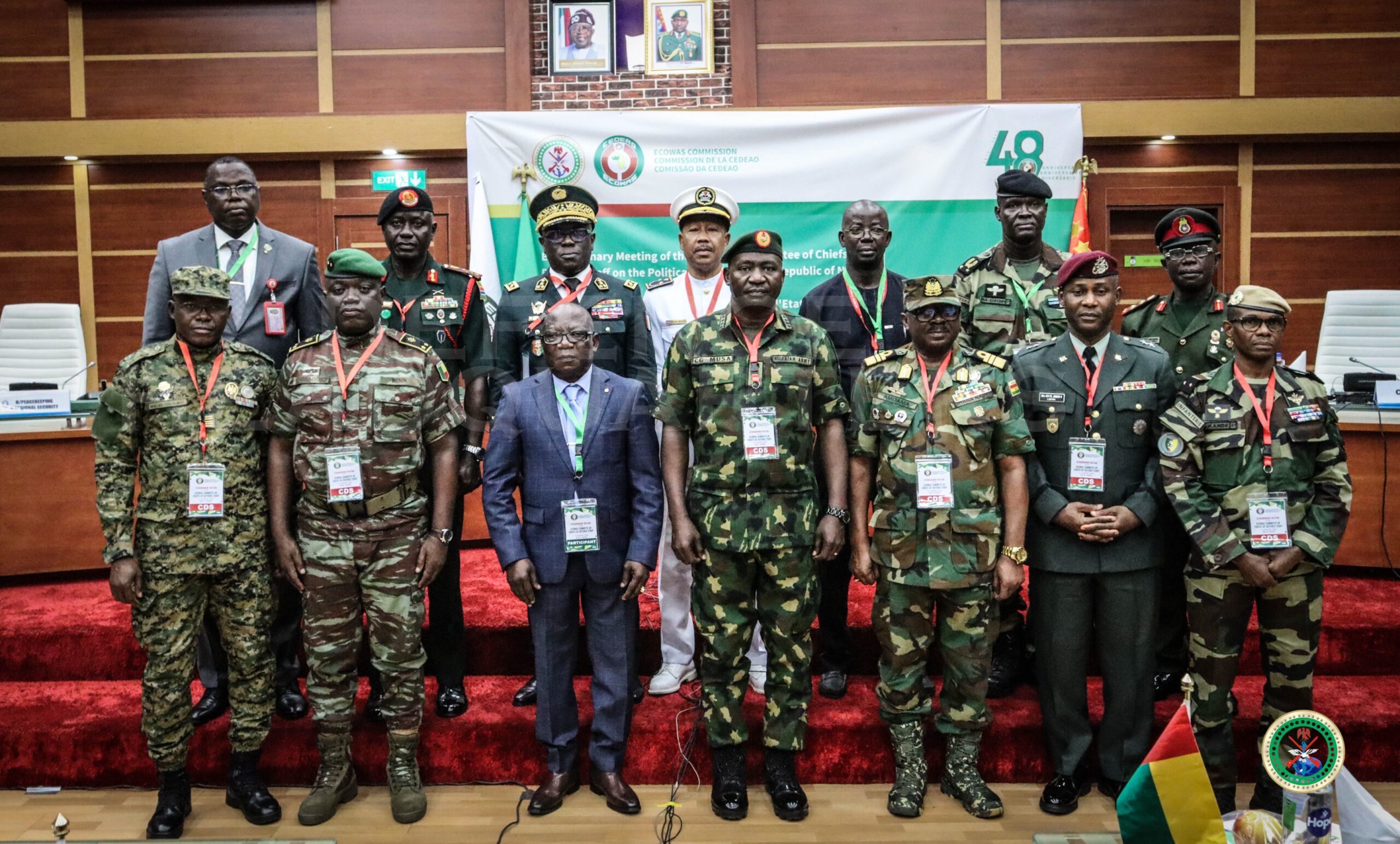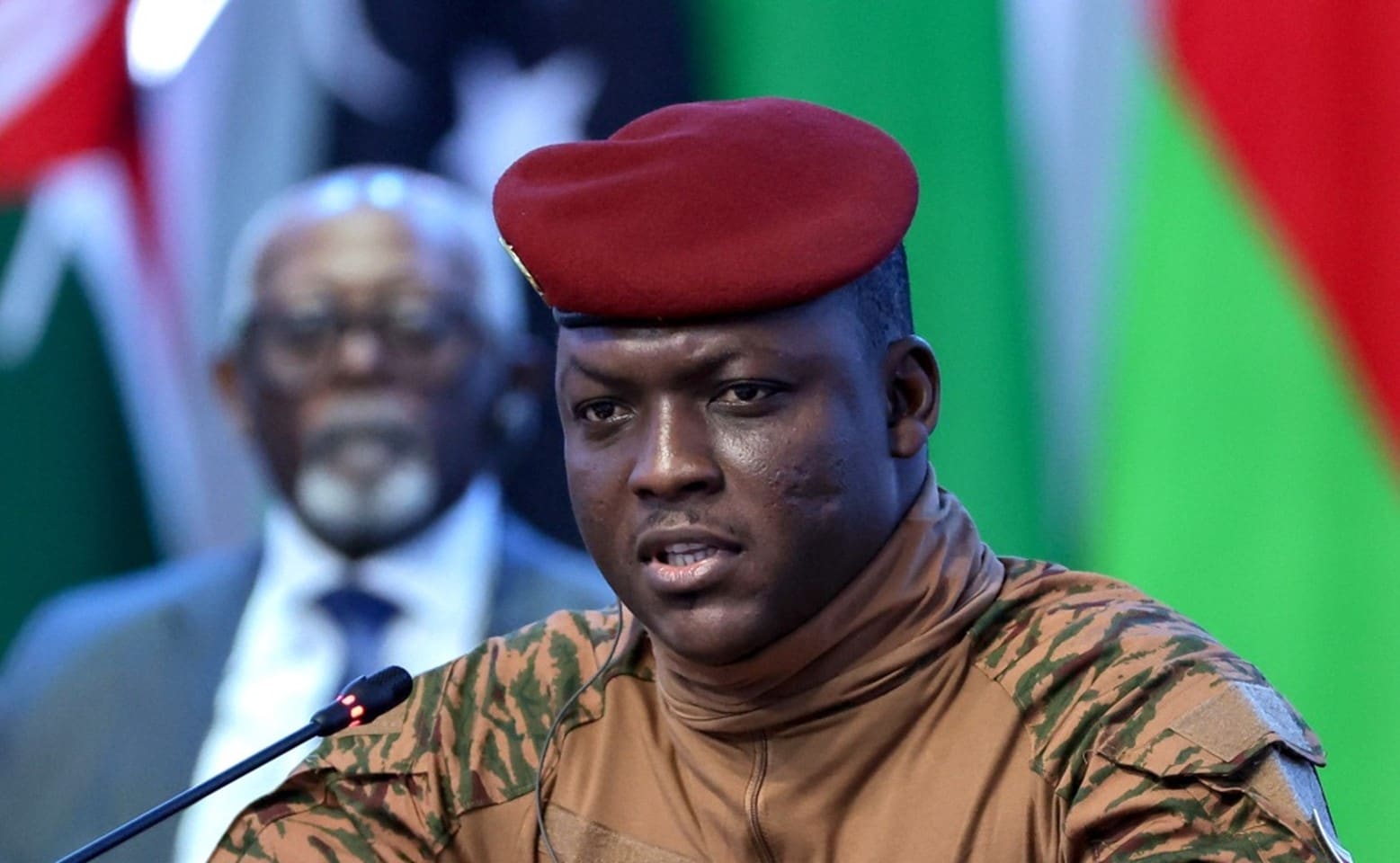VANGUARD
Associate Professor Adewunmi Falode, in the Department of History and International Relations at Lagos State University, has expressed his view that a military option in response to the Niger coup is beneficial for the Economic Community of West African States (ECOWAS).
Associate professor James shared this perspective during a symposium organized by the Department of History and International Relations at Lagos State University, focusing on the theme “Coup D’etate in Niger Republic: National, Regional, and Global Ramifications.”
James highlighted that the military option can be considered an integral aspect of diplomacy, asserting, “Military options could be deemed the most suitable course of action for West Africa and Nigeria. When traditional diplomatic measures fall short, resorting to kinetic diplomacy, involving military options, becomes necessary. It’s crucial to recognize that military action is not distinct from diplomacy; rather, it constitutes a diplomatic tool.”
In his capacity as the Head of the department of History and International Relations and the convener of the symposium, Associate Professor James clarified the rationale behind organizing the academic event: “Our primary aim is to present a factual understanding of the situation. As scholars, we maintain a dispassionate approach devoid of emotions, thus offering an impartial analysis. By eliminating extraneous noise, we hope to provide a clear understanding of the situation in Niger and equip individuals in that region with essential background information.”
Another speaker at the event, Associate Professor Olawale Lawal, emphasized the importance of separating emotions from state dealings, asserting that military options can indeed be a facet of diplomacy. He referred to a 2022 ECOWAS protocol advocating for the creation of a standing army to address West African issues and influence governance. Lawal viewed the current situation in Niger as an illustrative example of ECOWAS’s potential and the adept governance in the region.
Discussing ECOWAS’s decision to contemplate military intervention, Associate Professor Lawal, a diplomatic scholar, shared, “Policy makers often work behind the scenes, engaging in nuanced deliberations. Analysts and philosophers also contribute to these discussions, crafting strategies and rationale. Military options have surfaced due to the shortcomings of diplomacy. This underscores their viability as an available course of action.”
Dr. Henry Ogunjewo, a speaker from the Department of Strategic Studies, University of Lagos, proposed the utilization of the “carrots and sticks” approach by ECOWAS. He explained, “This approach harnesses soft, hard, and smart power, which combines both aspects. Employing this strategy serves as a deterrent and can influence negotiation outcomes. It sends a message to leaders within the international system that alternatives exist.”
Ogunjewo clarified that advocating for the “smart power” approach doesn’t necessarily imply immediate military deployment. He articulated, “ECOWAS must firmly assert its position, signaling a shift from past tolerance. Niger’s situation serves as a warning to the entire West African region, signaling the potential repercussions of future coups. This approach aligns with the concept of ‘smart power’ in diplomatic discourse.”
Addressing concerns of potential conflict spillover into Nigeria due to the turmoil in Niger, Dr. Henry countered, “Nigeria’s unique nature makes it a global subject matter expert. Boundaries delineated the scope of World Wars I and II; the assertion that conflict would automatically extend to Nigeria lacks substance.”
In a cautionary address delivered by Professor Adewale Noah, former Deputy Vice-Chancellor (Academics) of Lagos State University, the potential threat posed by the Niger junta has been emphasized. Professor Noah highlighted the importance of taking this situation seriously, suggesting that Nigeria could face similar challenges. He pointed out that many Nigeriens reside within Nigeria, often engaged in occupations such as Okada riders, underscoring the intertwined nature of the two nations. As a result, he stressed the necessity of approaching any potential conflict diplomatically.
“The situation calls for careful examination, as there are various aspects to consider. Firstly, Nigeria possesses a significant abundance of natural resources. Utilizing these resources effectively is paramount. A pertinent example is the presence of Chinese interests in Zamfara, where ongoing activities remain shrouded in uncertainty. Notably, numerous global powers have vested interests in different African regions, indicative of their imperial inclinations. The recent Niger coup is yet another manifestation of these dynamics.
“Exploring alternative avenues before resorting to military measures is imperative. By adopting a multifaceted approach, we can hope to navigate this complex situation with prudence.”



Connect with us on our socials: